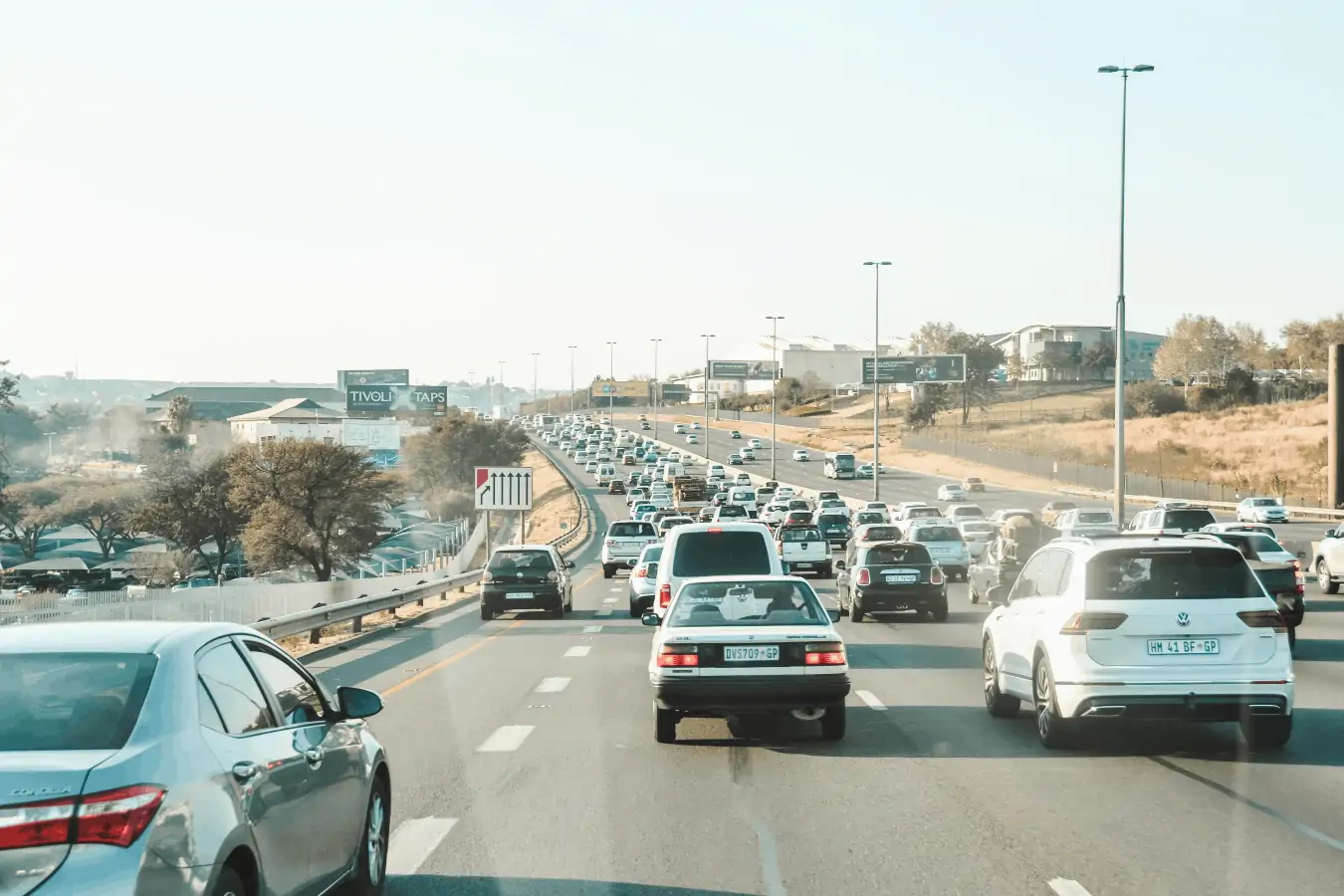Lee Randall, University of the Witwatersrand
In an average year, 1.35 million people die on the world’s roads and another 50 million are seriously injured. Most (93%) of the deaths happen in low- and middle-income countries, and sub-Saharan Africa is the global hotspot in the road death pandemic. In South Africa 26 out of every 100,000 people die on the roads – far higher than the global average of 18 per 100,000.
My PhD research into bioethical aspects of minibus taxi crashes in Johannesburg pointed to some reasons for this. It also revealed certain strengths in the South African road safety landscape.
Zutobi.com, a driver education online platform in high income countries, recently ranked South Africa 56th out of 56 countries in a survey titled, “The world’s safest and most dangerous roads.” The next lowest-ranked countries were Thailand and the USA, while Norway ranked first (closely followed by Japan and Sweden). The results of this survey have received a lot of media attention.
But is South Africa really bottom of the class? Let’s unpack why not, because an accurate understanding of the problem is an important part of finding solutions.
Survey methods and criticism
Zutobi serves learner drivers in the USA, UK, Australia, Sweden, Germany and France by offering online training and quizzes. These prepare them for their learner’s licence tests (called permit tests in some countries) in a fun and engaging way. Through its survey it tried to work out which countries were the safest to drive in.
It pulled data from the global health repository of the World Health Organisation (WHO) to find out each country’s estimated death rate per 100,000 population, the seat-belt wearing rate (front seat), road traffic deaths attributed to alcohol and blood alcohol concentration limit for general drivers. Zutobi also referred to Wikipedia to find the maximum motorway speed limit or most relevant other speed limit. From this information, it calculated an overall safety driving score for each country. It assigned a normalised score out of ten for each factor, then averaged the scores across all factors.
But there are issues around the survey and its findings.
First, the survey deserves criticism for leaving out as much information as it includes. Zutobi includes only 56 countries out of 197. The WHO’s repository can be a little user-unfriendly but that doesn’t seem likely to explain why fewer than a third of all the world’s countries appear in the results. Zutobi is not a research institution. But the lack of an explanation for how the countries were picked undermines the survey’s credibility.
Secondly, the survey is strongly biased towards high-income countries, which make up 63% of the list. Besides South Africa there are only 13 other upper middle-income countries and seven lower middle-income countries featured. No low-income countries appear at all. The effect is that almost all of Africa is wiped out of the survey. The WHO, for instance, clearly shows that the average death rate of 27 per 100,000 in the African region is three times that of the European region (9 per 100,000), despite Africa having a low share of the world’s vehicles. So South Africa is not an outlier.
Thirdly, the survey’s title is misleading, suggesting a focus on the road system as a whole (which would be in keeping with the best practice Safe System model). Instead it largely confines itself to road user behaviour, apart from the motorway speed limits. There is no rating of road infrastructure (a key road safety metric).
The survey does address two key risk areas, namely seat belt non-use and drink-driving. South Africa fares poorly on the first, with a 31% front seat seatbelt-wearing rate (contrasted with Norway’s 95%) – but other countries are worse, like Bolivia (3.5%) and India (7%). When it comes to alcohol, South Africa has a distinct problem, with almost 58% of road deaths attributed to alcohol use, even though its general blood alcohol limit matches global best practice. The only other countries in the survey which come close were Ireland (39% of road deaths attributed to alcohol), Cuba (33%), Costa Rica (31%) and Canada (30%).
Unintended consequences of the survey
The survey creates the false impression that South Africa’s road traffic system is the worst in the world, rather than somewhere in the middle. This matters because it could point to the wrong factors as contributing to the problem.
Compared with many other African countries, South Africa has at least the beginnings of an institutional framework for road safety, with a lead agency (the Road Traffic Management Corporation) which is missing in many other countries. It also has some degree of government funding for road safety interventions.
In addition, South African laws at least partly match global best practice. These include those relating to speed limits, drink-driving, motorcycle helmets, seat-belts, child restraints and mobile phone use. There are also some standards in place relating to child restraints and new vehicles.
Despite its many road safety challenges, South Africa certainly isn’t bottom of the class.
Lee Randall, post-doctoral research consultant, PRICELESS-SA, School of Public Health, University of the Witwatersrand
This article is republished from The Conversation under a Creative Commons license. Read the original article.
